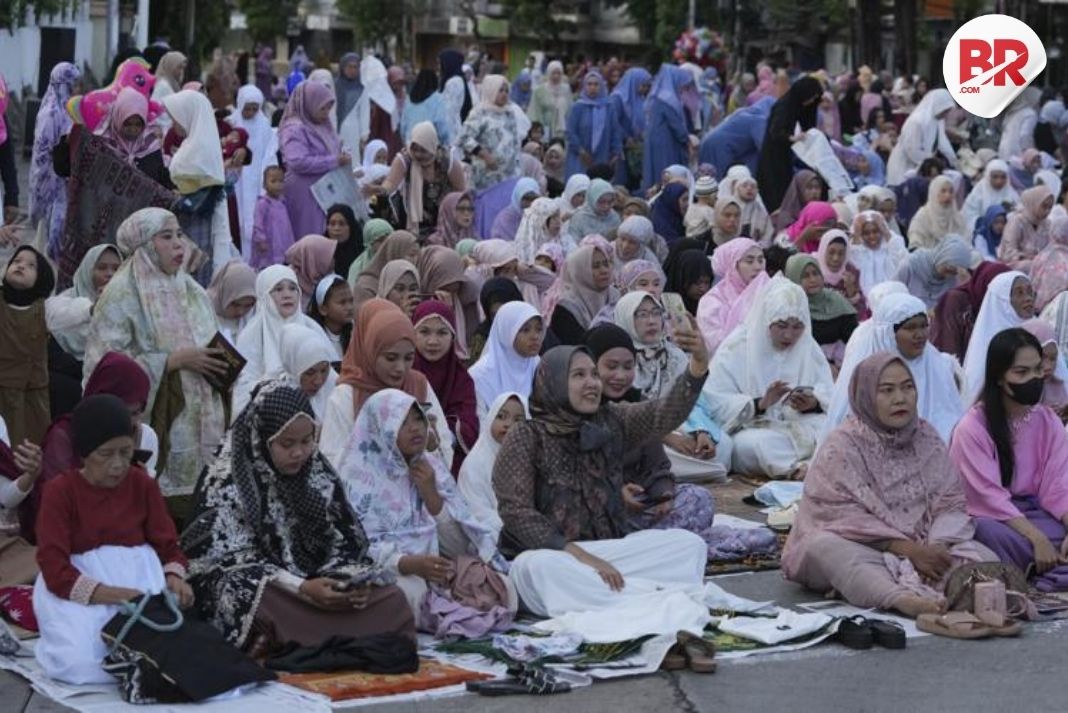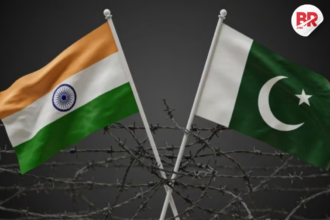
This Eid, the usual cheers were replaced by quiet struggles as rising costs forced Indonesians to cut back on celebrations. What does this say about the economy?
This year, Eid al-Fitr—the joyous holiday marking the end of Ramadan—was quieter than usual in Indonesia. Rising prices for food, clothes, and essentials forced many families to cut back on celebrations.
Fewer Travelers, Less Spending
Every year, millions of Indonesians travel home for mudik, the annual homecoming tradition. But this time, travel numbers dropped by 24%, with only 146 million people making the trip. Spending also fell sharply, with cash circulation expected to drop by over 12%.

Also Read: Why Did Haryana Quietly Remove Eid From Its Holiday List?
Experts say inflation, job losses, and a weaker currency have hurt people’s spending power. Bhima Yudistira, an economist, explained that many are struggling just to afford basics, leaving little for festivities.
To boost spending, the government offered discounts on flights and tolls, cash aid for 16 million families, and tax breaks. But for many, like Endang Trisilowati, a mother of four, celebrations were still scaled down. “We used to cook big feasts, but now it’s just a simple meal,” she said.
Meanwhile, in India
Indian Muslims celebrated Eid amid tensions, as some protested proposed changes to Muslim land laws. Despite this, communities gathered for prayers and feasts, with PM Modi’s party distributing food and clothes to millions.
A Holiday of Resilience
While the spirit of Eid remained strong, economic challenges cast a shadow over the celebrations in Indonesia, reminding everyone that even festive joy has its limits when times are tough.
Also Read: Will the stock market be open or closed for Eid-ul-Fitr 2025? Investors, don’t miss this update












